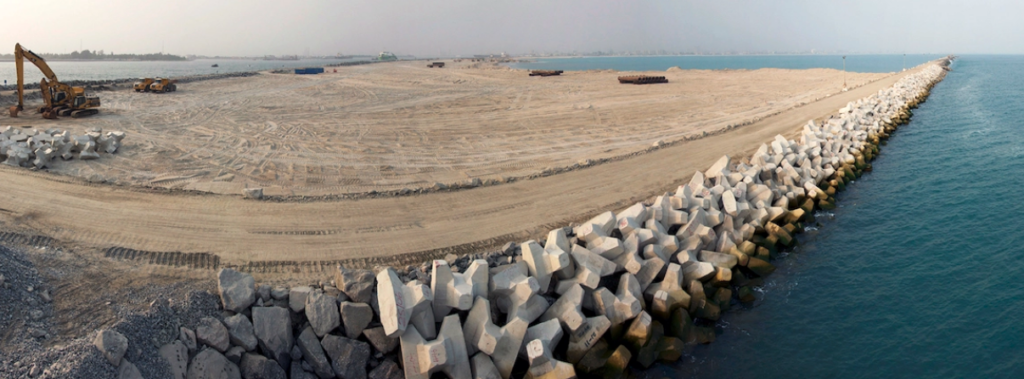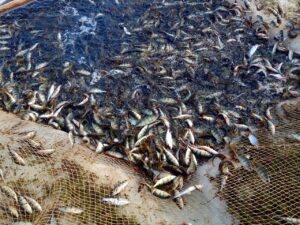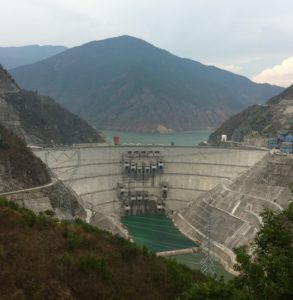2022 has already started out with a series of extreme climate events, reminiscent of last year’s record-breaking storms, heat, drought, and flood events, which displaced nearly 30 million people. In 2021, the top 10 climate disasters caused an estimated $170 billion worth of damage, underlining the growing threat climate change poses to global financial stability. These impacts were most felt by countries in the Global South, who have contributed very little to the climate crisis, yet are at the forefront of its impacts and lack the capacity to adapt effectively.
The year closed with an action-packed UN COP26. There was a lot of rhetoric, bold commitments were made, but was it a success for the Global South? At the conference, African nations pushed heavily for more adaptation funding from wealthy countries. This pressure led to important developments, including language in the Glasgow Climate Pact to double climate finance for adaptation by 2025 to at least $40 billion. There were also record international pledges to support the Adaptation Fund. However, this is still a fraction of the billions required by the Global South, with the UN estimating that up to $300 billion will be needed every year by 2030 to adapt to our changing climate.
While it is critical that adaptation finance continues to increase, it is equally important that such investment is channeled into adaptation projects which make a difference and are designed to protect those who are most vulnerable to the devastating consequences of climate change. Some experts estimate that only 10% of climate finance is invested at the local level with the majority going from international funders to national coffers that are managed by government officials, who often lack the capacity required to address the needs of poor and vulnerable communities.
Read the full opinion piece in Mongabay.




